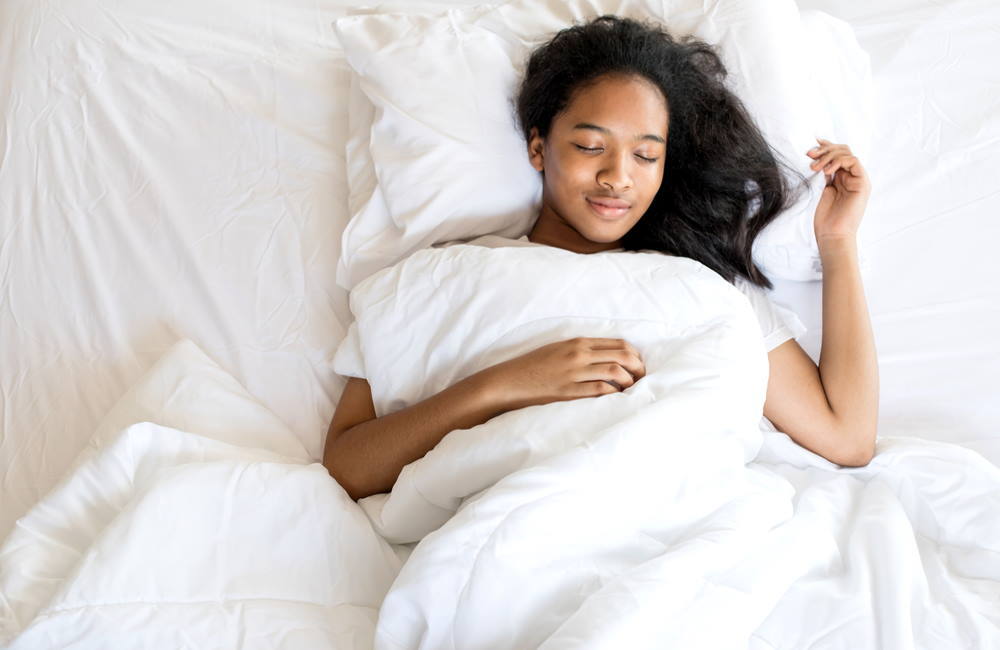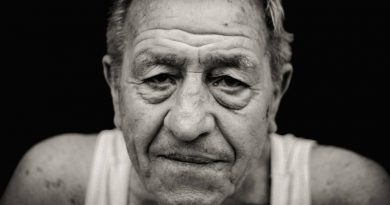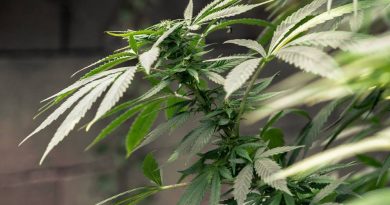CBD for Insomnia: Research Indicates CBD May Help You Sleep
Millions of Americans toss and turn at night, having difficulty falling asleep. It’s a problem that’s gotten even worse since the CVID-19 pandemic that gave people yet another anxiety to think about during long, restless nights.
An estimated 50 to 70 million Americans experience sleep-related problems. However, CBD for insomnia may provide relief. While most people use CBD, which is legal nationwide, as part of a wellness regimen or to combat pain or anxiety, preliminary research indicates it might help people enjoy a better night’s sleep.
For example, a study led by researchers from the University of Sydney found that CBD, when used in combination with THC, provided relief from sleep-related conditions that include insomnia, sleep apnea and restless leg syndrome.
CBD Itself Is Not Sleep Inducing
CBD does not contain THC, the psychoactive chemical found in the cannabis plant. All CBD products sold in the U.S. contain only trace amounts of THC, if any at all. This makes CBD popular among those who want the health benefits of the cannabis plant without the high.
CBD also does not make people sleepy on its own. While research into CBD for insomnia remains in the early stages, scientists currently speculate that CBD helps with sleep because it addresses issues that keep people awake.
Ryan Vandrey, professor of psychiatry and behavioral sciences at the Johns Hopkins University School of Medicine, told the New York Times that if people experience chronic pain or anxiety, CBD helps alleviate those issues, increasing the chances of a good night’s rest.
Reducing Anxiety May Be Key to CBD and Better Sleep
In another study, researchers analyzed data from 72 people with anxiety and sleep problems who took 25mg to 75 mg of CBD per day for three months. Based on self-reports from patients, anxiety rates fell in 79.2 percent of the patients, while sleep scores improved within the first month in 66.7 percent of the patients but fluctuated over time.
The researchers, while finding CBD held potential for treating anxiety, called for more clinical research into the issue.
For now, people should consult with their physician if they are interested in using cannabis for sleep. As with everything cannabis-related, it’s wise to start with smaller doses and increase them until the right level is found (each person has their own tolerance levels).
The potential benefits of CBD extend beyond just reducing anxiety and inducing better sleep. Other studies have looked into CBD for chronic pain, muscle soreness, weight loss, inflammation and even improving cognitive function.




